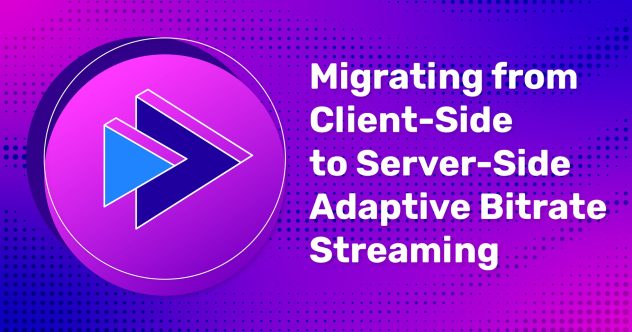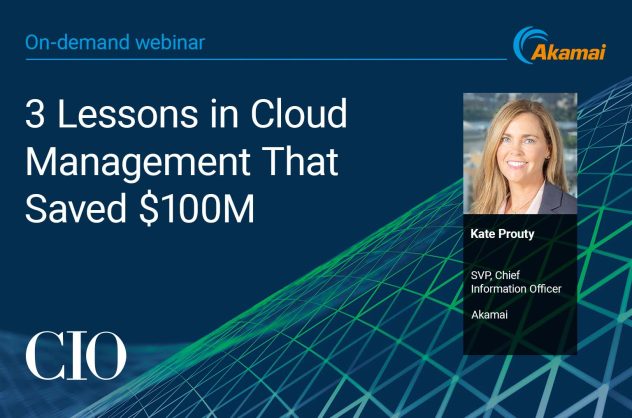With roots in optimizing the first online shopping carts, Jonathan Oliver has helped to grow Smarty’s location data intelligence platform to process trillions of addresses per year.
Jonathan started coding in the late 1980s when he was just eight years old. By the mid-to-late 1990s, global ecommerce businesses were curious about how computers and the internet could change the way they operate, and Jonathan was ready to show them how.
Jonathan started helping small business ecommerce websites with shopping carts on Active Server Pages (ASP) hosted on Windows when he was in high school. Always keeping tabs on the latest technology, he moved to .NET as an early adopter in 2002. Jonathan helped his clients implement streamlined shopping cart processes with custom builds to increase conversion rates.
His next endeavor was to solve a recurring problem ecommerce businesses were facing: incomplete or inaccurate addresses in the shopping cart checkout process. Seeing a real opportunity for growth, this became his primary focus in 2011 with a new venture called SmartyStreets. Ten years later, Jonathan rebranded the company as Smarty.
Today, Smarty processes millions of requests per second through its data intelligence platform that provides location data for companies like Microsoft, Netflix, Zillow, DHL, AT&T, and NASA. Smarty offers single address verification, bulk address validation, and address validation APIs that verify, validate, enrich, standardize, geocode, and auto-complete addresses in more than 240 countries and territories, serving banking, ecommerce, property and casualty insurance, mobile communications, utilities, and other industries.
“Smarty is modeled after self-service checkout. No salesperson to call, no six-figure paywall to get access,” explained Jonathan. “It’s do-it-yourself, pick-your-program location services for everyone from mom-and-pop businesses to large enterprises. “It’s similar to the Linode model I’ve admired for years. Signing up, checking out, and getting started quickly and easily has always been my experience with Linode.”
Moving Away from Hyperscalers
In the early days, Jonathan had 100-plus servers running on AWS. But soon, he discovered that migrating to Linode meant he could reduce compute resources by more than 90%. With Linode, Jonathan could avoid the complicated pricing structures of hyperscale cloud providers.
Today, Smarty’s growth and success see it running several hundred Linodes out of data centers in Fremont, Atlanta, and Dallas. Smarty also uses Linode Kubernetes Engine (LKE) to deploy and manage containers. With Akamai’s acquisition of Linode, latency has significantly improved thanks to Akamai’s world-class edge capabilities, and a strong focus on customer service remains.
“Linode customer support has been great. They’ll notify us ahead of time when hardware anomalies occur or a machine is scheduled for maintenance,” said Jonathan. “With a click of a button, our hardware gets rotated and business is uninterrupted. This has lowered our operational costs as compared to using other providers.”
With a goal of being provider-agnostic and for redundancy purposes, Smarty engages with other cloud providers but is moving away from the Big 3 hyperscalers to avoid lock-in and save money. He strongly prefers Linode because the value proposition remains clear.
“Linode has phenomenally generous bandwidth that, all told, has shown us savings of around 60% over a hyperscaler even without considering the savings on hardware,” said Jonathan. “It’s easy to get new servers whenever we want, the Linode API is extremely reliable, and pricing is never a surprise. We also use Linode Managed Databases, and we’ve found that Linode’s CPU performance per dollar blows everyone else out of the water.”
As Smarty continues to grow, Jonathan looks forward to Virtual Private Cloud (VPC) and other new products and services from Linode. As he looks ahead to the future, Jonathan shared: “Our strong relationship with Linode means I never have to worry. I don’t have to think about it because I love it.”







